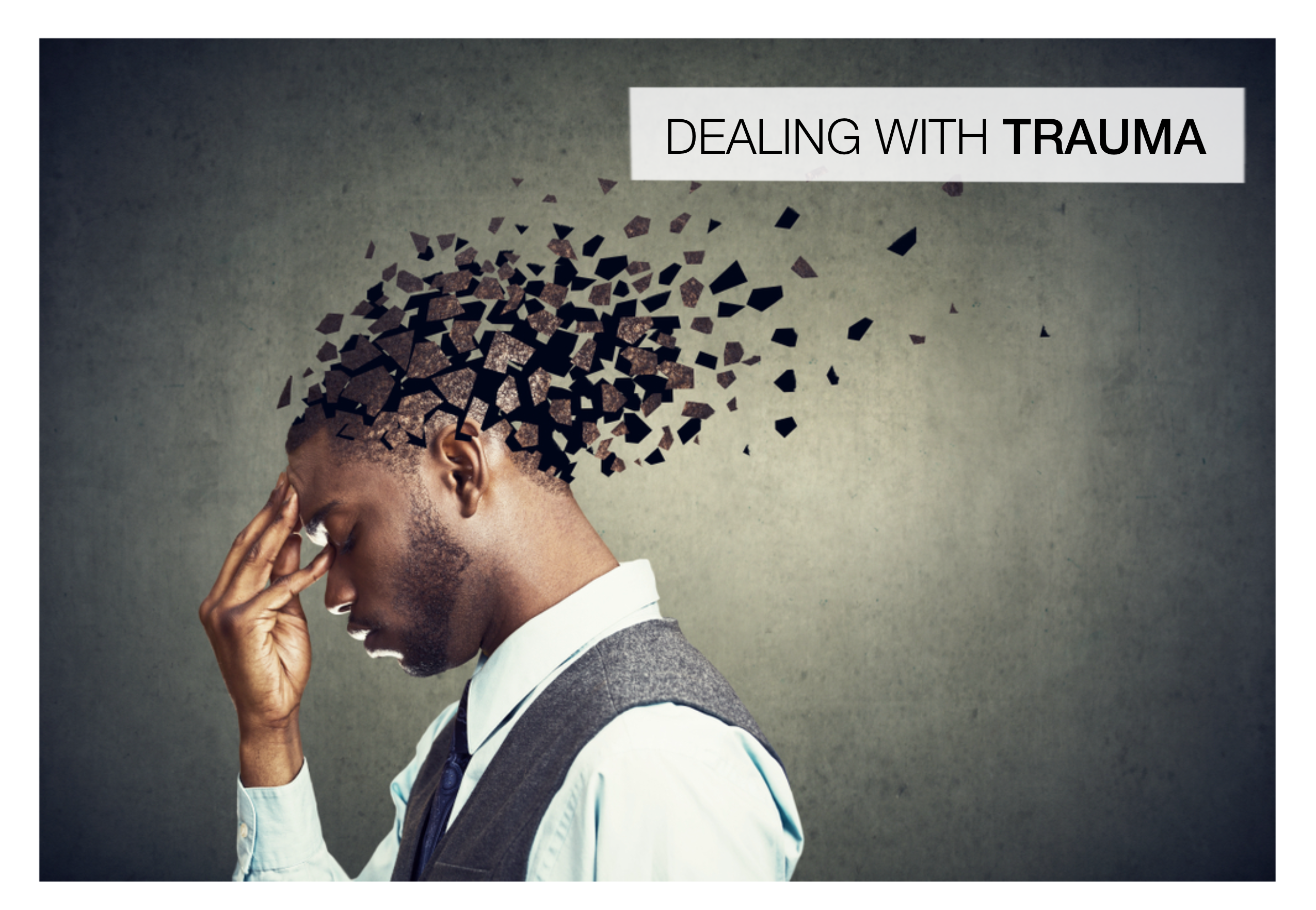The stigma often associated with mental health and personal trauma was brought to light during the pandemic. Millions of people left isolated and separated from their work, social and daily circles found themselves struggling with depression and in dire need of professional help.
In some ways, shining a light on mental health and the benefits of intervention and talk therapy, whether in person, by phone or via an online app and performed by psychiatrists, psychologists and counsellors, is one of the lasting lessons from the pandemic.
Those whose mental health was impacted by the pandemic were only the latest facing trauma and in need of care. I’ve helped individuals, executives and members across family offices with these issues for years. Then and now, I found that we shy from the importance of interventional care for all the wrong reasons. The stigma, shame, perceived disgrace, even fears that an individual mentally or emotionally suffering is unfit for leadership or self-care, all rise in outsiders’ minds.
It’s often the case that nothing can be further from the truth. But what is real is the attention and care they often need. Such was the case with a friend recently. They were in full-on self-destruct mode. Diagnosed several years ago with depression, they could be mean-spirited and aggressive, or morose and withdrawn. When on their medications, they were in balance.
Then, an unrelated, life-threatening event threw them deeper into depression. The family was at wit’s end and fearful for themselves and their family members.
This is often the situation. Anyone who suffers a heart attack, a stroke, a cancer diagnosis, an automobile accident, a terrorist attack or who has returned from active-duty combat, even recently was fired from a job, often emerges with a mental health crisis in need of attention.
Therein lies the dilemma. While we’ve improved our approach to and acceptance of mental health issues, we still tend to conflate different ailments. Lay people will associate depression with psychotic, dangerous or simply crazy behaviour. If the patient stops taking prescribed medications and slips back into their former behaviour, friends and family again may revert to fear.
This is where family and friends can play a vital role. Spouses, children, family members and dear friends must be attuned to the signs of regression. The spouse or adult children must commit to being the health care advocate for the individual. This is not to confuse the role of health care surrogate for when the individual has become incapacitated and unable to care or make decisions for themselves. That’s a formal, legal role.
The goal is to try to spot the emergent situation, whether a general mental health issue, or a deeper problem spurred on by a recent trauma, then to help them navigate their way through. Intervention can play a multitude of roles, from talking the loved one through their situation, to assertively encouraging, even compelling, them to seek professional help.
Success only comes by removing the stigma of any need for mental health care from the equation. It’s OK to need the help of a physician, talk therapy, antidepressants or other medications.
Trauma has consequences. Those consequences are only made worse by ignoring them or ostracising the individual. We must break the cycle of stigmatising mental health. If our loved one is unwilling or unable to do it themselves, then it’s up to us to guide them to a better, healthier future.
If you or someone you know is suffering from a life trauma and you could use some guidance yourself, let’s talk. In my career and life’s work, I’ve helped individuals navigate mental health issues often made worse by trauma. I’m not a counsellor. But I have a willing ear, an open mind, a personal commitment to confidentiality, and connections to mental health providers who can lend the professional assistance you may need to find that healthier tomorrow.

Leave A Comment